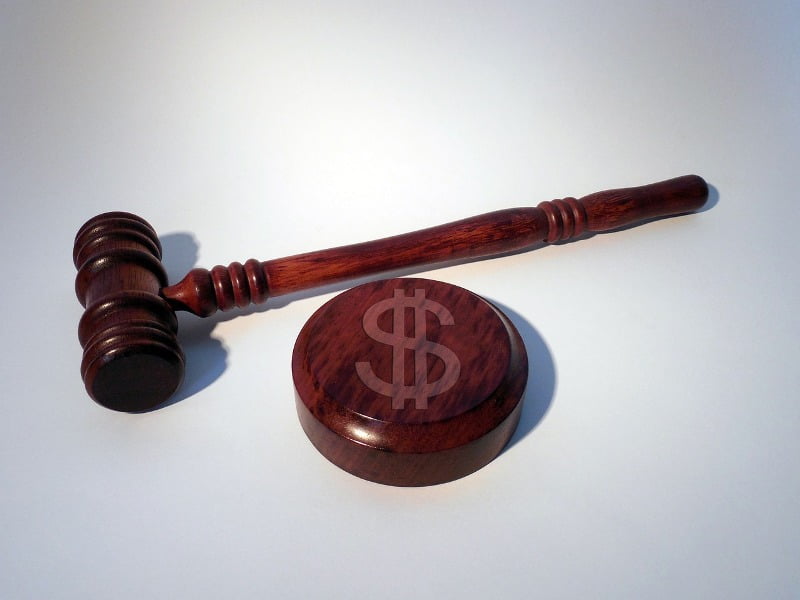Reinier advises national and international companies
reinier.russell@russell.nl +31 20 301 55 55The Netherlands Commercial Court (NCC) will make it easier for Dutch businesses to have international commercial disputes settled. It is possible to litigate in English before the NCC, which is more efficient. It is also cost saving, because legal proceedings before the NCC are usually less costly than international arbitration.

The Netherlands Commercial Court (NCC) is a Dutch court that specializes in international commercial disputes. The Court consists of two chambers; one is a chamber of the Amsterdam District Court (NCC District Court) and the other one of the Amsterdam Court of Appeal (NCC Court of Appeal). The NCC will also hear preliminary relief proceedings. Litigation is only possible with a Dutch lawyer.
The NCC deals with matters in English by default and shall also render decisions in English, unless both parties have specified during the proceedings that they wish to conduct the proceedings in Dutch. Which law will be applicable during the proceedings is determined by the choice of law in the contract. If no choice of law has been made, the international rules for determining which law is applicable are to be followed. The Dutch procedural rules will be applicable during the proceedings.
The NCC was created to meet the wishes of internationally active businesses. For some time there has been the need for a specialized English speaking court in the Netherlands. There are already specialized courts for international commercial matters in other countries, for instance in England, Germany and Dubai.
The NCC only deals with commercial disputes with an international element but this requirement can be satisfied easily. This could, for instance, include a dispute between a Dutch company and its foreign parent. There are no requirements regarding the value and scope of the dispute. The focus of the NCC is on major and complex international disputes. These may vary from contractual claims to claims based on wrongful acts.
For internationally active Dutch businesses the NCC is a relief. International commercial contracts are often drafted in English and parties often communicate in this language. Now that it is possible to litigate in English, translations are no longer necessary, which reduces the costs. Also, documents in Dutch, German, and French do not have to be translated unless the court indicates that this needs to be done. Besides, the legal costs of the NCC are lower than of many institutions for international arbitration.
The parties must have explicitly agreed upon the jurisdiction of the Amsterdam District Court. This can be agreed upon in advance in the contract or retrospectively, when a dispute has arisen. A choice of forum for the Amsterdam District Court that is only included in the General Terms & Conditions will not be sufficient. In addition, litigation in English is expressly to be agreed upon.
Do you need advice on submitting an international commercial dispute to the NCC or another court? Would you like to include a choice of forum for the NCC in your contract? Please contact us:
An international contract requires a choice of law. How can you prevent one party from immediately lagging behind as a result of this?
An important part of corporate governance is compliance with the various rules governing the company. How do you ensure that your company becomes and stays compliant?
The shareholders’ agreement is the most important agreement entered into between shareholders and the company. What matters should you cover in this agreement?
It can have major consequences when a body within the company takes a decision it is not authorised to take. What are these consequences and how do you avoid making a decision in the wrong way?
In this blog, we give a brief overview of the main bodies present in limited companies and the powers they have.
A key advantage of inquiry proceedings is that that these allow the court to quickly make provisions to protect the company. What measures can the Enterprise Chamber take?